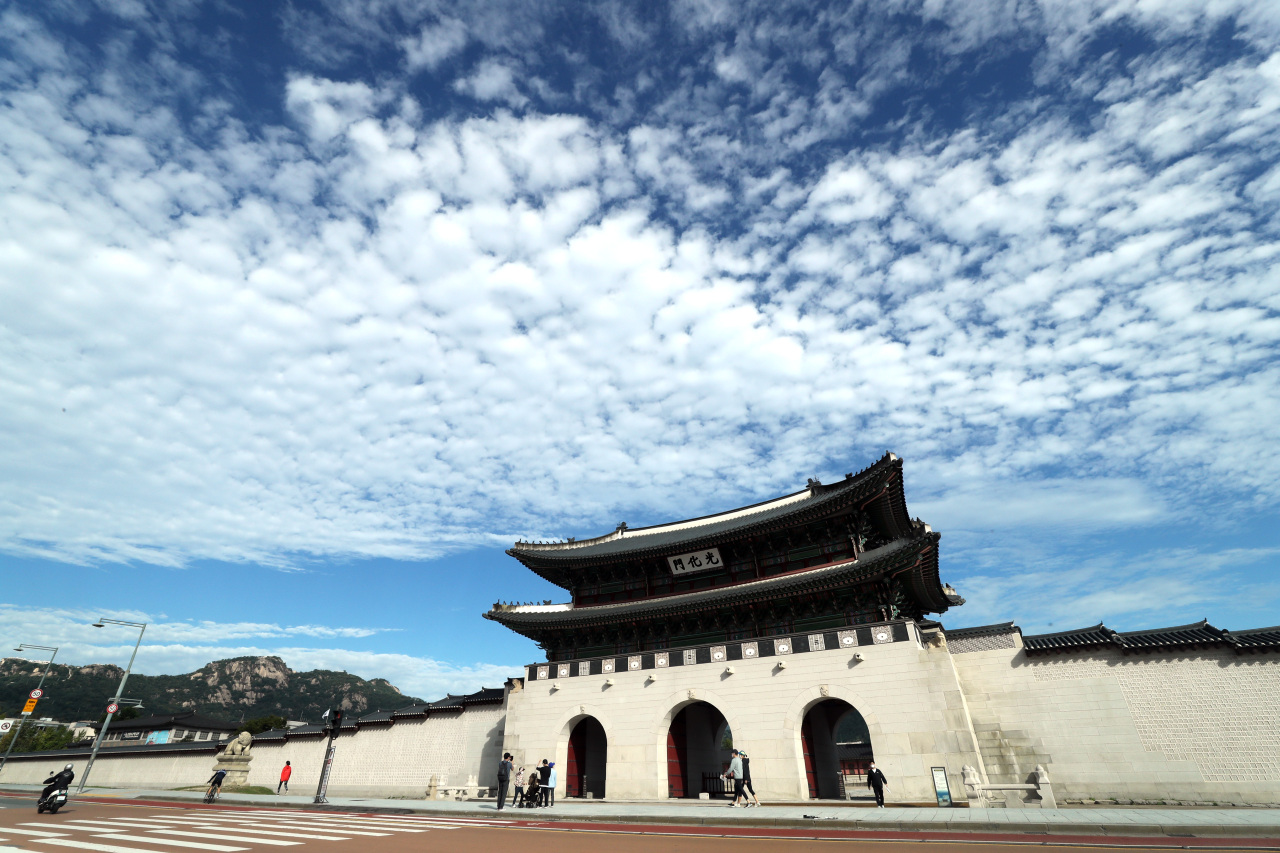South Korean private fund managers are poised to take advantage of revised rules and dedicate themselves to the domestic nonbank lending business with legal clarity.
Starting Thursday, when amendments to the Financial Investment Services and Capital Markets Act went into effect, private funds comprising no more than 100 backers are entitled to carry on private credit strategies in Korea.
Under the new rules, any Korea-domiciled private fund may extend nonbank loans to corporations. Direct loans to individuals remain prohibited, as well as direct loans to gambling and adult entertainment businesses.
As a result, private funds are expected to become a fresh source of corporate financing and financing for real asset investment deals in Korea, which is home to an established financial system comprising commercial banks, savings banks and nonbank installment financing institutions.
Korea-based investors hail the legal framework, promulgated in April.
“The new rule lays a cornerstone to level the playing field in the nation’s credit investing scene where foreign private equity firms have been largely dominant,” Han Young-hwan, head of alternative credit at VIG Partners, told The Korea Herald.
VIG Partners is one of the Seoul-based buyout firms that preemptively launched a private credit division to deploy various credit strategies ranging from opportunistic credit and mezzanine investing to event-driven deals, in which investors seek to take advantage of the mispricing of debt assets.
The midcap buyout house, overseeing some 4 trillion won ($3.4 billion) in assets, hired Han in May. He was formerly executive director at Goldman Sachs’ Asian Special Situations Group, based in Hong Kong. The group is dedicated to event-driven debt deals.
Having a local presence in Korea will give Seoul-based fund houses an edge over foreigners in investing in nonbank credit, with Korean entities’ investments being buttressed by the new legal framework.
“Credit investing is oftentimes more time-sensitive than equity investing because, from a borrower’s perspective, debt financing is very often a time-bound activity,” Han said.
“Decisions regarding credit investing must be made within a very short time period, so in that regard, local entities with boots on the ground are likely to have an upper hand.”
IMM Credit Solution Chief Executive Officer Park Chan-woo concurred. Park leads the credit investment arm of Seoul-based private equity firm IMM Private Equity, which has $5.4 billion in assets under management.
“Private equity funds had been met with restraint when investing in private debt and real asset, but the new law will allow us to engage in a fair competition with foreign private equity firms,” Park said.
Competition in the Korean nonbank credit scene has been somewhat loose due to the regulatory bar. Until the new rules came into force, Korean private equity investors were at a serious disadvantage because the financial authorities did not allow them to avert equities’ downside risks through credit investing.
Until Wednesday, only funds that did not intend to influence a target company’s management, including hedge funds, were permitted to issue loans or invest in credit. Private equity funds designed to influence management were prohibited from doing so, with the exception of those exercising distressed debt strategies.
Now, with the new rules, Korean private funds will be able to fill in the displacements in the nonbank credit scene, targeting small or mid-sized corporate borrowers that were previously given the cold shoulder, provided that foreign private funds tend to focus on larger deals in Korea.
“Local players are more adept at exploring demand for nonbank lending,” Park of IMM Credit Solution said, adding that most of the new credit deals will be event-driven.
In the meantime, Korean private equity funds are now allowed to use put options for risk management when they invest in privately held stocks, so they can hedge downside risks by forcing target companies to buy the stakes the funds have acquired. Prior to the revision, Korean private equity funds were also banned from buying a protective put.
This is another point of contrast with foreign private equity firms. A high-profile shareholder feud between Kyobo Life Insurance and foreign shareholder groups centers on a put option contract that Kyobo Life Chairman Shin Chang-jae was to exercise.
“A protective put was considered similar to lending and was barred so far but with the direct lending being supported by the law, there is no reason to ban protective put any longer,” a source from the legal services industry said on condition of anonymity.
“Private equity deal terms involving put option contracts will be frequented among Korean private equity investors for the time being.”
The revision follows a series of hedge fund scandals involving now-defunct Lime Asset Management and Optimus Asset Management, which brought to light the need for consumer protection measures to limit the scope of fund backers depending on their investing styles and other criteria.
Since the revision, private funds in Korea are classified in two categories -- those for institutional investors and those for other investors, such as corporations and individuals. Before the new rules, Korean private funds were classified based on their investment objectives.
“Institutional private funds” are entitled to raise capital from a narrower pool of investors, such as pension funds, listed firms and privately held firms with over 50 billion won in financial accounts.
As a result, minnow fund houses will have a harder time raising funds, the legal source added, considering Korean institutional allocators’ tendency to deploy capital to those with a proven track record.
By Son Ji-hyoung (
consnow@heraldcorp.com)








![[Today’s K-pop] Blackpink’s Jennie, Lisa invited to Coachella as solo acts](http://res.heraldm.com/phpwas/restmb_idxmake.php?idx=644&simg=/content/image/2024/11/21/20241121050099_0.jpg)